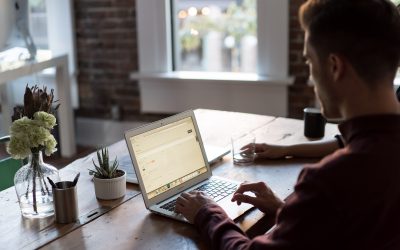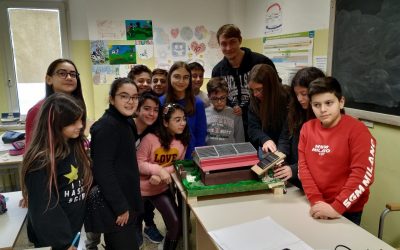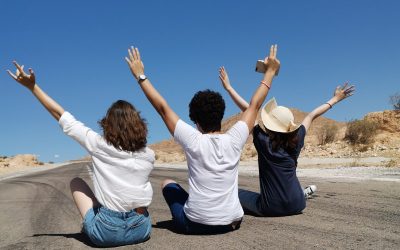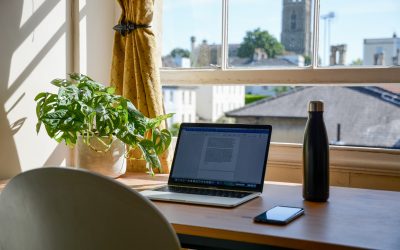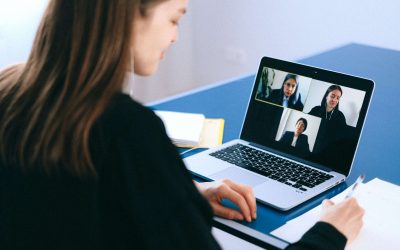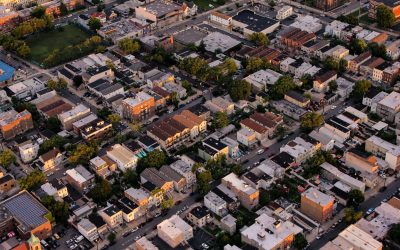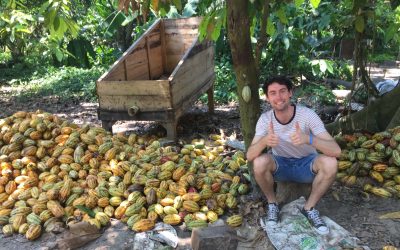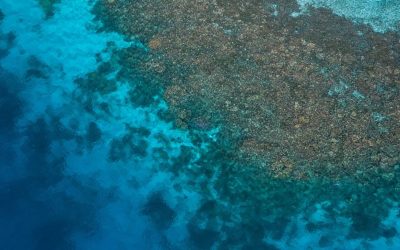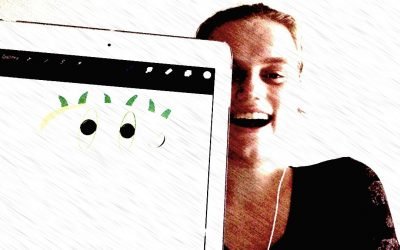Whenever you join AIESEC or go on an AIESEC project, you will hear a lot about the leadership qualities, or LDQ’s in short. AIESEC uses four LDQs to teach people to be more aware about themselves and their environment. One of the four LDQ’s is called world citizenship. Although there are loads of interpretations of a world citizen, the essence can be described as someone who is aware of and understands the wider world as well as their place in it. They take an active role in their community and work with others to make our planet more equal, fair and sustainable.
How does this work in practice?
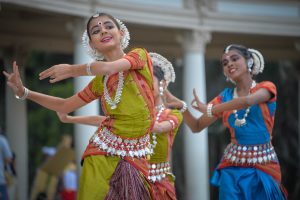 This explanation may sound a bit ambitious and perhaps a bit far to reach. However, I believe that before someone can take up such an active role in the community, they have to make sure that they embrace the initial part of the definition first. To me, this comes down to being someone that is able to understand and respect culturese different than their own. This is extremely hard in reality. Some parts of someone’s culture can be very conflicting with your own believes and culture.
This explanation may sound a bit ambitious and perhaps a bit far to reach. However, I believe that before someone can take up such an active role in the community, they have to make sure that they embrace the initial part of the definition first. To me, this comes down to being someone that is able to understand and respect culturese different than their own. This is extremely hard in reality. Some parts of someone’s culture can be very conflicting with your own believes and culture.
You might be ‘lucky’ to be born in the Netherlands, in a particular family, with your own believes and customs, and additionally your own perks. Because of these circumstances, it is very easy to understand someone else who has been raised in a similar environment.  In turn, it might be very hard to place yourself in the shoesof someone who believes in a different God, has a different family bond, or perhaps even different rights in their home country. Whenever you find yourself in such company, try to be a world citizen and show respect for the other person. Once you are able to respect and understand other cultures, the foundation is set to being able to work together with different kinds of people.
In turn, it might be very hard to place yourself in the shoesof someone who believes in a different God, has a different family bond, or perhaps even different rights in their home country. Whenever you find yourself in such company, try to be a world citizen and show respect for the other person. Once you are able to respect and understand other cultures, the foundation is set to being able to work together with different kinds of people.
Why should everyone be a world citizen?

Lots of conflict in the world exits because many people don’t understand each other. However, the more people understand the wider wold, the more chance there is that people will be able to successfully work together, and eventually take an active role in changing the world into its ideal version. We all live in a very interconnected and interdependent world. This means that we cannot go without understanding others. Next to that, we all have the responsibility to make our world a better place, and that can only happen when everyone is aware, respectful, and embraces the concept of diversity.
What can you do to become a world citizen?
This is a very good question, and it’s not simple. To me, it again comes down to understanding other people. The first thing you can do is train yourself in understanding. Try to be less judgemental, and start thinking about why people would actually act the way they do.
The second step you can take is actively explore the world. Of course you can read about cultures and watch the news. But once you have actually experienced another culture, it will become a lot easier to understand it.
Thirdly, try to start small with taking action in your community. You don’t have to organize big fundraisers to be a true world citizen. You are already helping the world by being nice and helping out with little things in your own environment. Once you are ready, you can always take on larger projects.
This post was written by AIESEC in the Netherlands. We offer international voluntary projects and professional internships with the aim of developing leadership in youth.


